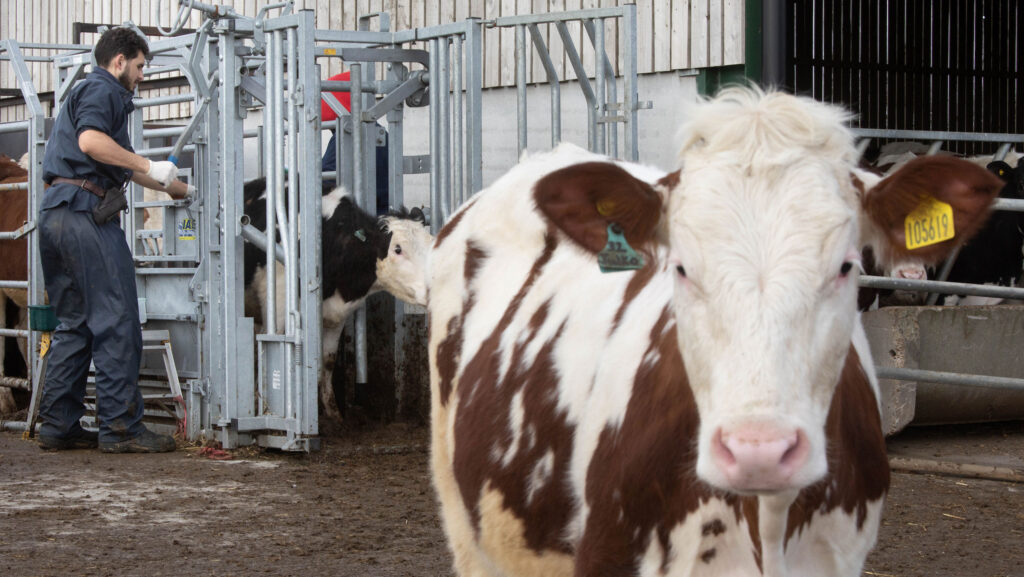New bovine TB review backs flexible farm testing
 © Tim Scrivener
© Tim Scrivener The new Godfray Bovine TB Evidence Review for England, commissioned by the Labour government and published today, strongly endorses the trial of non‑statutory diagnostic testing in officially TB‑free cattle herds.
This would see animals that test positive for the disease not face mandatory removal, but instead remain on the farm under targeted management to gradually reduce infection risk.
Experts have long recognised the limitations of statutory testing protocols. For example, the standard skin test (SICCT) has high specificity but only around 80% sensitivity, meaning a significant number of infected cattle can slip through undetected and leave disease lurking behind in herds.
See also: TB review calls for tsar and faster action to hit 2038 goal
That has led to interest in more sensitive diagnostics that are not currently used in the statutory TB control programme, including novel tests such as the Enferplex test, but also tests currently used in statutory programmes such as interferon gamma blood testing and the Elisa test.
Speaking to Farmers Weekly, AHDB lead veterinary science expert and TB Advisory Service technical director Sarah Tomlinson welcomed the prospect of beef and dairy farmers on officially TB-free farms being given more flexibility to choose how to manage high risk animals, in relation to their TB health status.
‘Potential game-changer’
“This is quite a radical idea, but it would absolutely be game-changing if farms could choose how they manage infected animals not currently identified by statutory control measures – it could allow farmers to take control of TB risk on their own farms while still maintaining a sustainable business,” said Ms Tomlinson.
Currently, any animal identified as positive from any TB test must be culled within 10 working days and the farm is placed in movement restrictions. “That removes any incentive for voluntary engagement in more sensitive testing,” added Ms Tomlinson.
The updated Godfray TB review (PDF) is proposing that if farms voluntarily engage in more sensitive testing, these animals can be managed to reduce the risks of spreading infection in the herd. But more importantly, the herd would not be put under restriction and be required to go through skin testing.
Biosecurity focus
Ms Tomlison said she was also encouraged to see the report highlight the necessity of good biosecurity and for all farmers to invest in biosecurity measures as an insurance policy against any infectious disease – not just bovine TB.
The report recognises the challenges faced by farmers to improve on-farm biosecurity and recommends that ways to incentivise engagement are explored by government and industry.
Defra farming minister Daniel Zeichner said the government is determined to eradicate bovine TB in England by 2038 and plans to publish a comprehensive new strategy early next year, which will consider the findings of Professor Sir Charles Godfray’s independent report.
